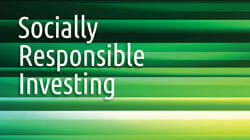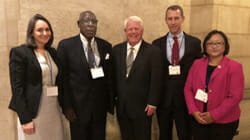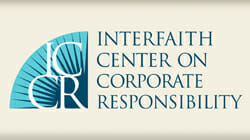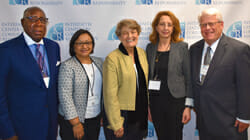California church exercises Creation Care by ‘going solar’
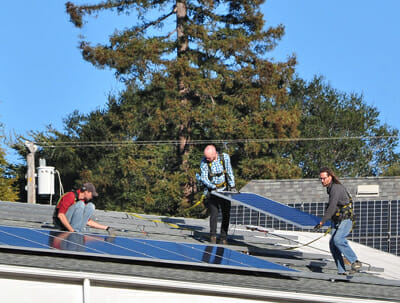
Solar panels are installed on the roof of Lakeshore Avenue Baptist Church.
Just in time for Earth Day 2019, Lakeshore Avenue Baptist Church, Oakland, Calif., has taken its pursuit of Creation Care to a new level. Sixty-eight solar panels were recently installed on the sanctuary’s South-facing roof.
The panels are being leased over 20 years from RE-volv, a San Francisco-based nonprofit organization that helps community-based nonprofit organizations to collectively invest in renewable energy.
“The hope is that, between the lease payment and our energy savings, the cost to us will be less than $200 a month,” says Jim Hopkins, the church’s pastor.
RE-volv follows a pay-it-forward model, in which it asks nonprofits to collaborate by not only covering the cost of its purchasing the panels but also by providing enough to establish a revolving fund to help other nonprofits with similar issues. Lakeshore Avenue raised $40,000 via crowdfunding.
A matching $3,000 grant was provided from the reserves of Oakland’s First Baptist Church, which, because of declining membership, has been worshiping with Lakeshore Avenue. Other contributions included those from energy-related groups and community members.
“Re-volv came and did a presentation to remind everyone of the importance of the work, the scope of work, and the way it would benefit not just us but the larger community,” Hopkins says.
The Lakeshore Avenue congregation believes that Creation Care and environmental stewardship are part of its faith. Reducing the church’s carbon footprint is a way to exercise that faith.
Referring to John 3:16 (“For God so loved the world”), Hopkins says, “This [initiative] is an expression of understanding that God loves not just our souls but the created order, including the ground we walk on, the air we breathe and the light we share.”
The congregation was further encouraged by Interfaith Power & Light, a nonprofit organization that is leading a faith-based response to global warming through its affiliates in 40 states that promote energy conservation and efficiency as well as renewable energy.
For the most part, Hopkins says, the congregation supported the idea, as long as going solar didn’t threaten the church’s other ministries.
“They didn’t want to lose other ministry commitments,” Hopkins says. “But, as long as those concerns were addressed, there was widespread support.”
American Baptist Home Mission Societies exercises environmental stewardship through socially responsible investing.


